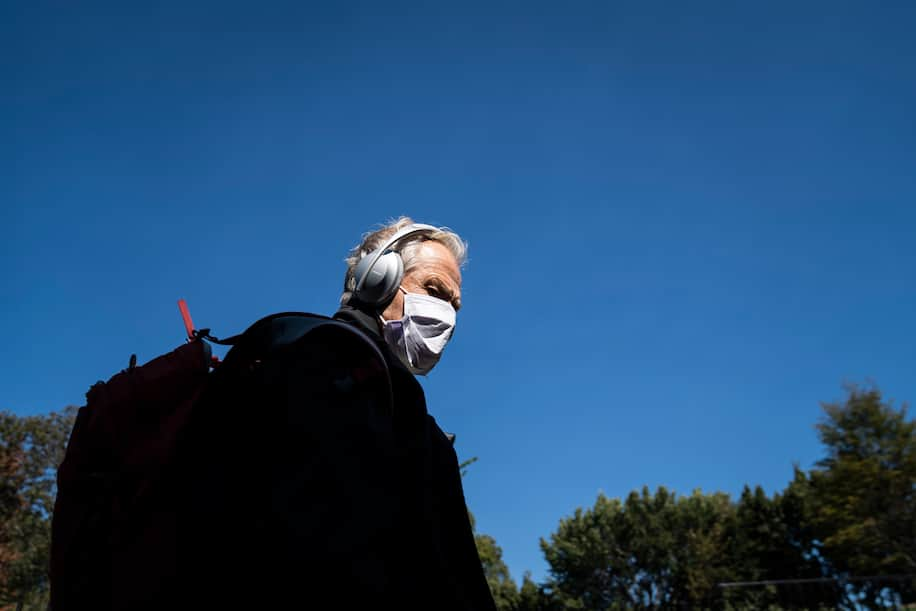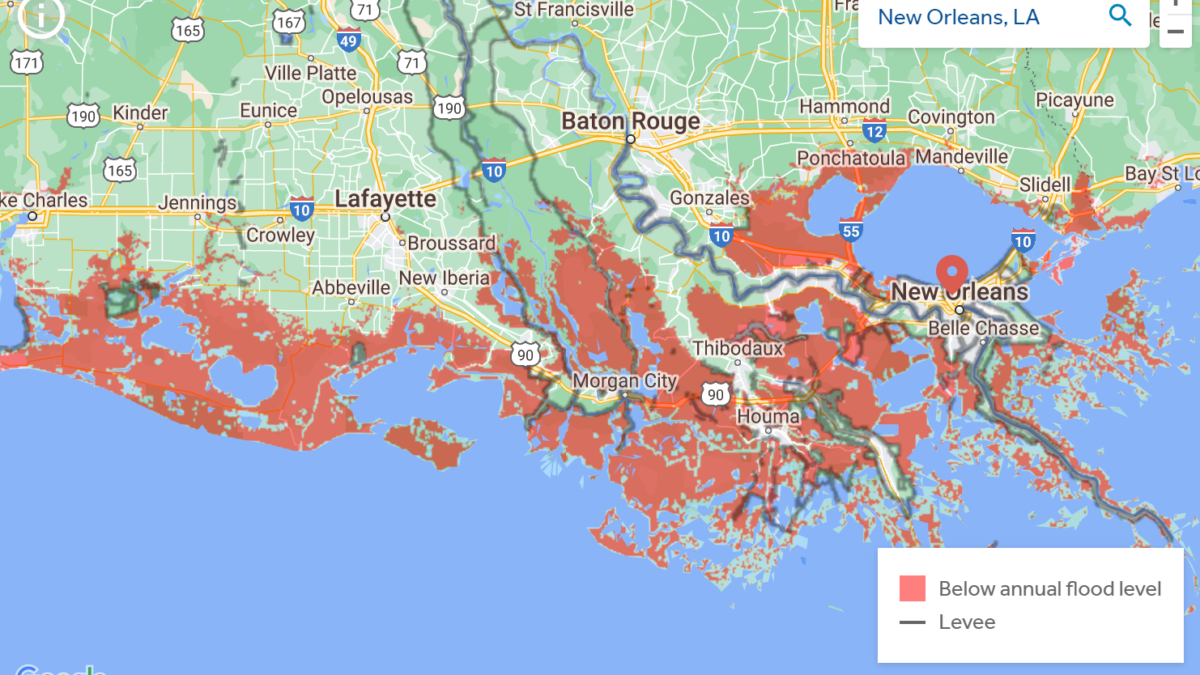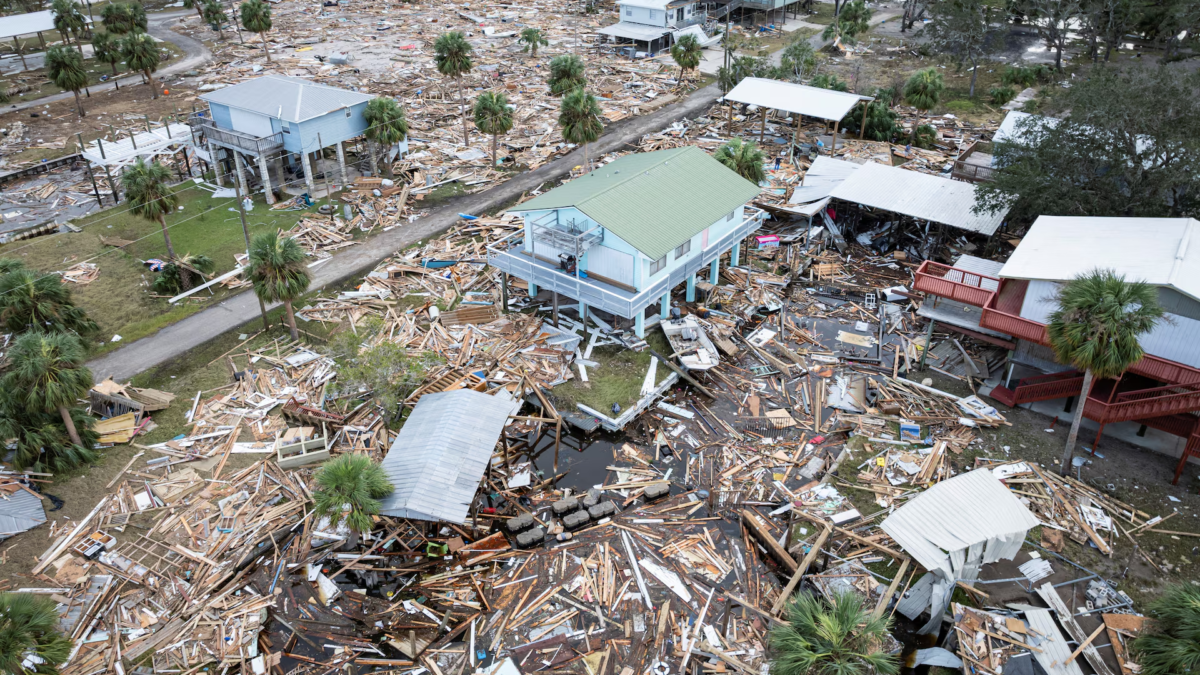We should embrace the Cassandras when the next disaster comes

By Megan McArdle
29 December 2020
(The Washington Post) – Any popular novel set around 1929 will generally have a character who pulls their money out of the market after overhearing an elevator operator bragging about his stock market winnings. Like all the best fantasies, this contains just enough truth to be plausible: Some sharp investors did pull out right before the storm swept their paper profits away — though not many.
The fantasy of perfect foresight will probably never pall. So as a service for future storytellers, I thought I would close the year by reflecting back on the covid-19 Cassandras I’ve been following since January. They are also small in number and, unfortunately, were small in influence during the critical early months. Few much resembled a fictional hero. Roughly speaking, they fell into two groups: the Voice of Experience, and the Voice of Dissent.
Aside from a few infectious-disease doctors or virologists, the Voice of Experience was inevitably someone who’d lived in Asia during the 2003 SARS crisis, or else had a parent or a spouse who did, and thus had already overcome their natural skepticism about the likelihood of a major epidemic. The most prominent example might be Matthew Pottinger, one of President Trump’s national security advisers, who had covered the SARS epidemic for the Wall Street Journal.
The Voices of Dissent, by contrast, suggest a path the rest of us might plausibly have followed, as “be born to parents who lived through SARS in 2003” does not. So what made the Dissenters stand out from the herd?

First, they were comfortable enough with technical writing and data to understand early scientific reports about the Wuhan epidemic. Second, they were sufficiently statistics-minded to not confuse “very rarely” with “never,” as most people do. Third, they resisted the normal tendency to discount catastrophic risks simply because addressing them would wreck their other plans. And fourth, they persisted in their conclusion even when their peers thought they were crazy. The most prominent example of this type is probably Peter Navarro, Trump’s chief trade adviser.
Notice that neither Cassandra type was a public health expert. If you read Lawrence Wright’s recent New Yorker essay on America’s covid-19 response, you’ll find that both Pottinger and Navarro were urging bold action in January while the experts wanted to wait for more data. The experts had almost too much experience; they were committed to a standard script for infectious-disease outbreaks. This unfortunately didn’t anticipate the important ways covid-19 differed from earlier epidemics, most notably asymptomatic transmission through fine aerosols rather than large droplets.
Thus the first pandemic klaxon warnings in the White House were sounded by a different set of experts. They didn’t know the etiquette of epidemic management, but did know other things, like that China didn’t quarantine cities for no reason. They reasoned from such data to the correct result. Then, unusually, they stuck to their guns. […]
So if you ever wondered why Cassandras seem so numerous in Roaring Twenties fiction and so rare in histories, this is why: It takes an unusual personality to ignore what your peers are saying. As Pottinger and Navarro both did, even while the economics team shouted that America would go bankrupt, the political team worried about reelection, and the public health team said wait for more data. [more]
We should embrace the Cassandras when the next disaster comes


